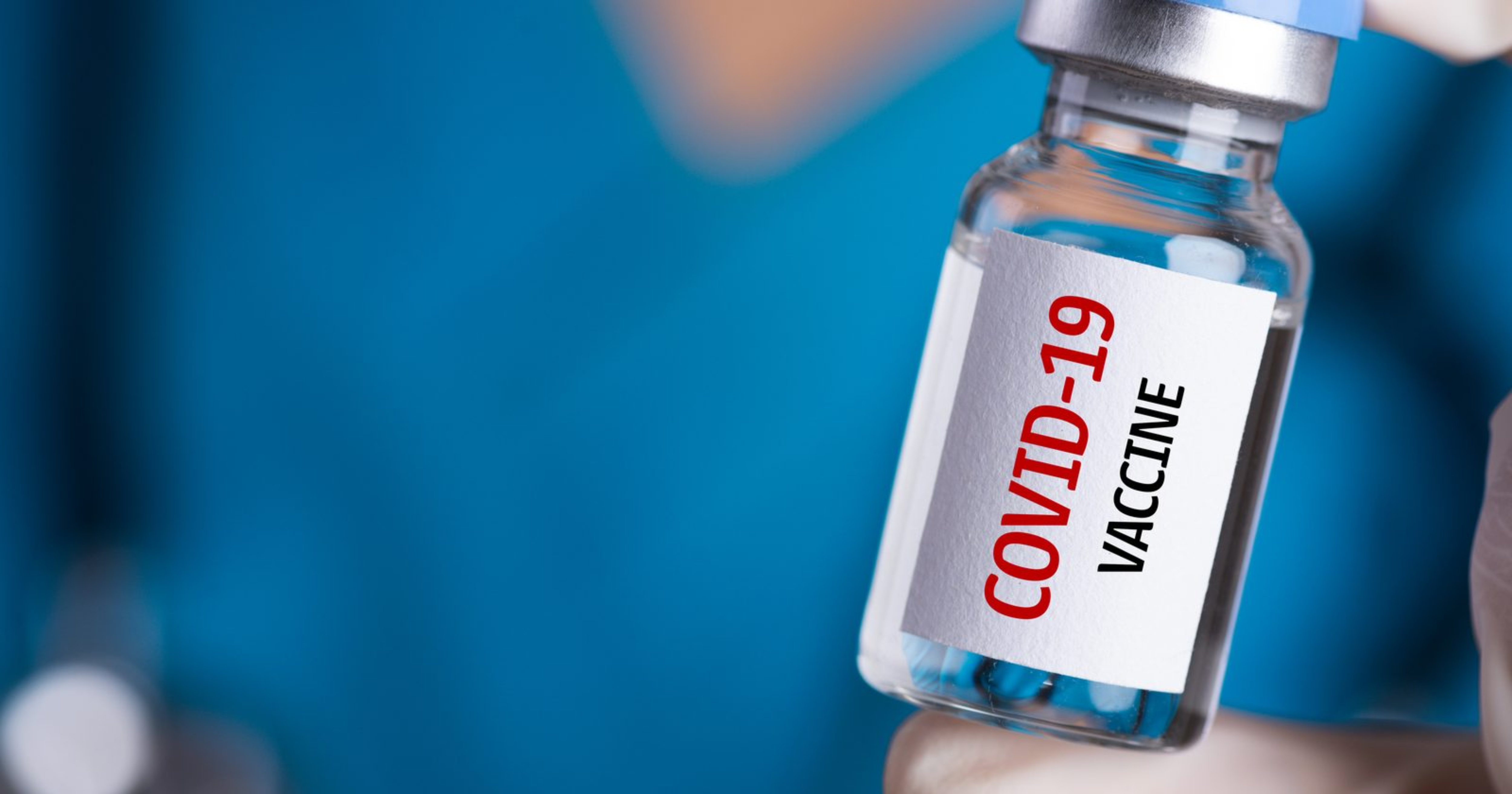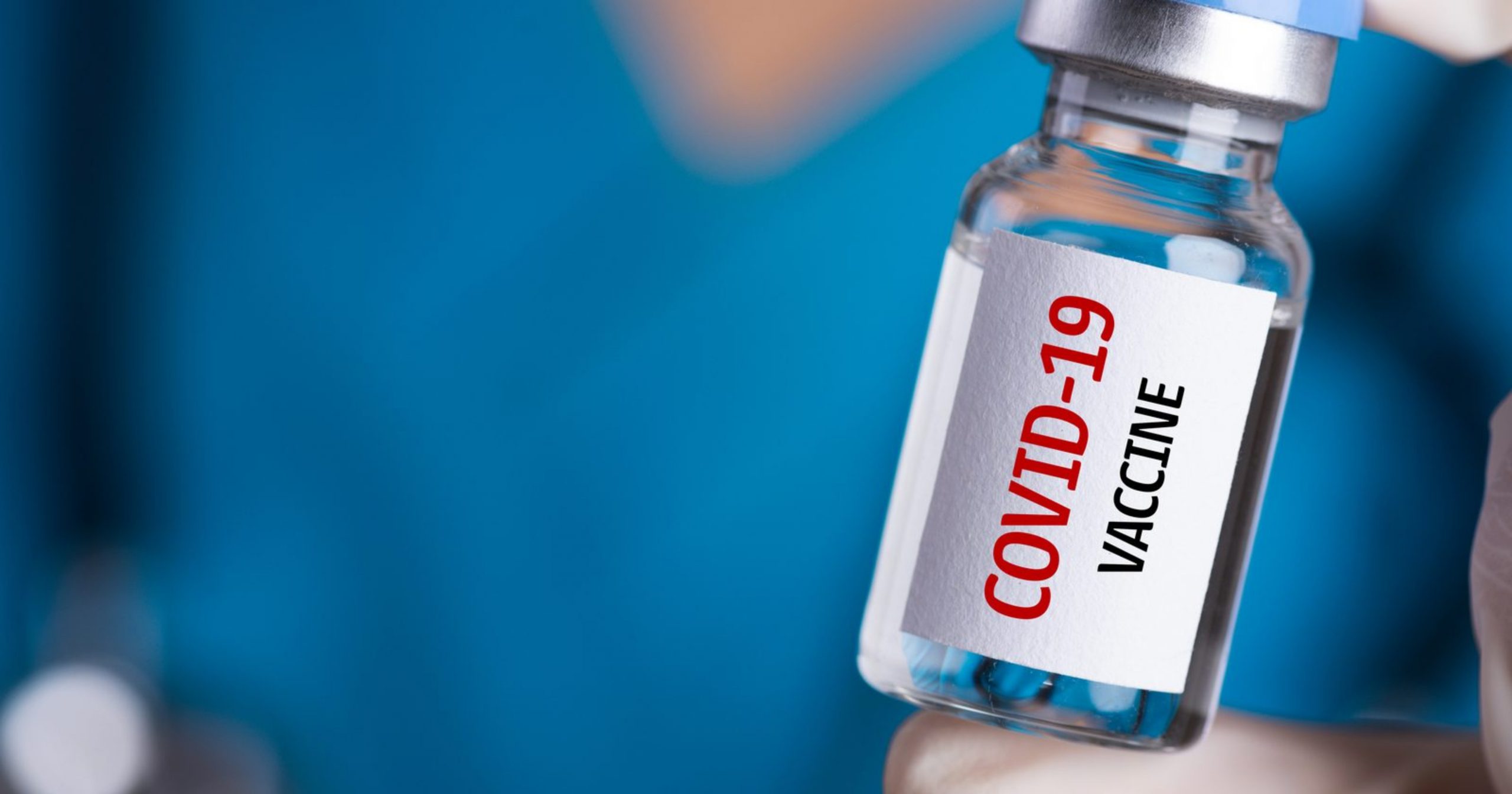Authorized and Recommended Vaccines
A COVID‑19 vaccine is a vaccine intended to provide acquired immunity against severe acute respiratory syndrome coronavirus 2 (SARS‑CoV‑2), the virus causing coronavirus disease 2019 (COVID‑19). Prior to the COVID‑19 pandemic, there was an established body of knowledge about the structure and function of coronaviruses causing diseases like severe acute respiratory syndrome (SARS) and Middle East respiratory syndrome (MERS), which enabled accelerated development of various vaccine technologies during early 2020. On 10 January 2020, the SARS-CoV-2 genetic sequence data was shared through GISAID, and by 19 March, the global pharmaceutical industry announced a major commitment to address COVID-19.
Currently, three vaccines are authorized and recommended in the United States to prevent COVID-19:
Pfizer-BioNTech
Moderna
Johnson & Johnson / Janssen
Different COVID-19 Vaccines
The best COVID-19 vaccine is the first one that is available to you. Do not wait for a specific brand. All currently authorized and recommended COVID-19 vaccines:
CDC does not recommend one vaccine over another.
| Vaccine Brand Name | Who Can Get this Vaccine | How Many Shots You Will Need | When Are You Fully Vaccinated? |
| Pfizer-BioNTech | People 12 years and older | 2 shots Given 3 weeks (21 days) apart |
2 weeks after your second shot |
| Moderna | People 18 years and older | 2 shots Given 4 weeks (28 days) apart |
2 weeks after your second shot |
| Johnson & Johnson’s Janssen | People 18 years and older | 1 shot | 2 weeks after your shot |
1. If you have had a severe allergic reaction (anaphylaxis) or an immediate allergic reaction to any ingredient in the vaccine you are scheduled to receive, you should not get that vaccine. If you have been instructed not to get one type of COVID-19 vaccine, you may still be able to get another type.
2. You should get your second shot as close to the recommended 3-week or 4-week interval as possible. However, your second shot may be given up to 6 weeks (42 days) after the first dose, if necessary.

Pfizer-BioNTech COVID-19 Vaccine Overview and Safety
| Name: BNT162b2Manufacturer: Pfizer, Inc., and BioNTech
Type of Vaccine: mRNA Number of Shots: 2 shots, 21 days apart |
How Given: Shot in the muscle of the upper armDoes NOT Contain: Eggs, preservatives, latex Full List of Ingredients [PDF – 6 pages] |
Who Should Get Vaccinated
- The Pfizer-BioNTech vaccine is recommended for people aged 12 years and older.
Who Should NOT Get Vaccinated
- If you have had a severe allergic reaction (anaphylaxis) or an immediate allergic reaction, even if it was not severe:
- to any ingredient in an mRNA COVID-19 vaccine (such as polyethylene glycol), you should not get an mRNA COVID-19 vaccine.*
- or after getting the first dose of the vaccine, you should not get a second dose of either of the mRNA COVID-19 vaccines.
- An allergic reaction is considered severe when a person needs to be treated with epinephrine or EpiPen© or if they must go to the hospital.
- An immediate allergic reaction means a reaction within 4 hours of getting vaccinated, including symptoms such as hives, swelling, or wheezing (respiratory distress).
If you aren’t able to get an mRNA COVID-19 vaccine, you may still be able to get a different type of COVID-19 vaccine.
In the arm where you got the shot:
|
Throughout the rest of your body:
|
These side effects usually start within a day or two of getting the vaccine. Side effects might affect your ability to do daily activities, but they should go away in a few days.
Moderna COVID-19 Vaccine Overview and Safety
| Name: mRNA-1273Manufacturer: ModernaTX, Inc.
Type of Vaccine: mRNA Number of Shots: 2 shots, one month (28 days) apart |
How Given: Shot in the muscle of the upper armDoes NOT Contain: Eggs, preservatives, latex Full List of Ingredients [PDF – 6 pages] |
Who Should Get Vaccinated
- The Moderna vaccine is recommended for people aged 18 years and older.
Who Should NOT Get Vaccinated
- If you have had a severe allergic reaction (anaphylaxis) or an immediate allergic reaction, even if it was not severe:
- to any ingredient in an mRNA COVID-19 vaccine (such as polyethylene glycol), you should not get an mRNA COVID-19 vaccine.*
- or after getting the first dose of the vaccine, you should not get a second dose of either of the mRNA COVID-19 vaccines.
- An allergic reaction is considered severe when a person needs to be treated with epinephrine or EpiPen©or if they must go to the hospital.
- An immediate allergic reaction means a reaction within 4 hours of getting vaccinated, including symptoms such as hives, swelling, or wheezing (respiratory distress).
If you aren’t able to get an mRNA COVID-19 vaccine, you may still be able to get a different type of COVID-19 vaccine.
In the arm where you got the shot:
|
Throughout the rest of your body:
|
These side effects usually start within a day or two of getting the vaccine. Side effects might affect your ability to do daily activities, but they should go away in a few days.
Johnson & Johnson’s Janssen COVID-19 Vaccine Overview and Safety
Johnson & Johnson’s Janssen COVID-19 Vaccine: CDC and FDA have recommended that use of Johnson & Johnson’s Janssen (J&J/Janssen) COVID-19 Vaccine resume in the United States, effective April 23, 2021. However, women younger than 50 years old especially should be aware of the rare risk of blood clots with low platelets after vaccination, and that other COVID-19 vaccines are available where this risk has not been seen. If you received a J&J/Janssen vaccine, here is what you need to know. Read the CDC/FDA statement.
| Name: JNJ-78436735Manufacturer: Janssen Pharmaceuticals Companies of Johnson & Johnson
Type of Vaccine: Viral Vector Number of Shots: 1 shot |
How Given: Shot in the muscle of the upper armDoes NOT Contain: Eggs, preservatives, latex Full List of Ingredients [PDF – 6 pages] |
Who Should Get Vaccinated
- The J&J/Janssen vaccine is recommended for people aged 18 years and older.
Who Should NOT Get Vaccinated
- If you have had a severe allergic reaction (anaphylaxis) or an immediate allergic reaction—even if it was not severe—to any ingredientexternal icon in the J&J/Janssen COVID-19 vaccine (such as polysorbate), you should not get the J&J/Janssen COVID-19 vaccine.
- An allergic reaction is considered severe when a person needs to be treated with epinephrine or EpiPen© or if they must go to the hospital. Experts refer to severe allergic reactions as anaphylaxis.
- An immediate allergic reaction means a reaction within 4 hours of getting vaccinated, including symptoms such as hives, swelling, or wheezing (respiratory distress).
If you aren’t able to get the J&J/Janssen COVID-19 vaccine, you may still be able to get a different type of COVID-19 vaccine.
In the arm where you got the shot:
|
Throughout the rest of your body:
|
These side effects usually start within a day or two of getting the vaccine. Side effects might affect your ability to do daily activities, but they should go away in a few days.
Fainting After Vaccination
Fainting (syncope) and other events that may be related to anxiety like rapid breathing, low blood pressure, numbness, or tingling can happen after getting any vaccine. Although uncommon, these events are not unexpected, and they are generally not serious.
According to information from the Vaccine Adverse Event Reporting System (VAERS),there have been 653 reports of fainting events(fainting and near-fainting) among nearly 8 million doses of J&J/Janssen vaccine administered in the United States in March and April 2021. This translates to a rate of about 8 fainting events for every 100,000 doses of the J&J/Janssen COVID-19 vaccine given. These events occurred during the recommended 15-minute wait after vaccination. It’s not clear at this time whether these events were associated with the vaccine or with anxiety, possibly related to preexisting concerns some people who chose to get the one-dose J&J/Janssen vaccine may have about needles or shots.
By comparison, the rate of fainting after flu vaccination in 2019-2020 was 0.05 per 100,000 doses.
Vaccines in Phase 3 Clinical Trials
As of February 27, 2021, large-scale (Phase 3) clinical trials are in progress or being planned for two COVID-19 vaccines in the United States:
- AstraZeneca COVID-19 vaccine
- Novavax COVID-19 vaccine
Learn more about U.S. COVID-19 vaccine clinical trials, including vaccines in earlier stages of development.
This page will be updated as additional information is available.
COVID-19 Vaccines for Children and Teens
Although fewer children have been infected with COVID-19 compared to adults, children can:
- Be infected with the virus that causes COVID-19
- Get sick from COVID-19
- Spread COVID-19 to others.
CDC recommends everyone 12 years and older should get a COVID-19 vaccination to help protect against COVID-19. Widespread vaccination is a critical tool to help stop the pandemic. Getting your child or teen vaccinated can bring you one step closer to enjoying the activities you miss. Children 12 years and older are able to get the Pfizer-BioNTech COVID-19 Vaccine.
